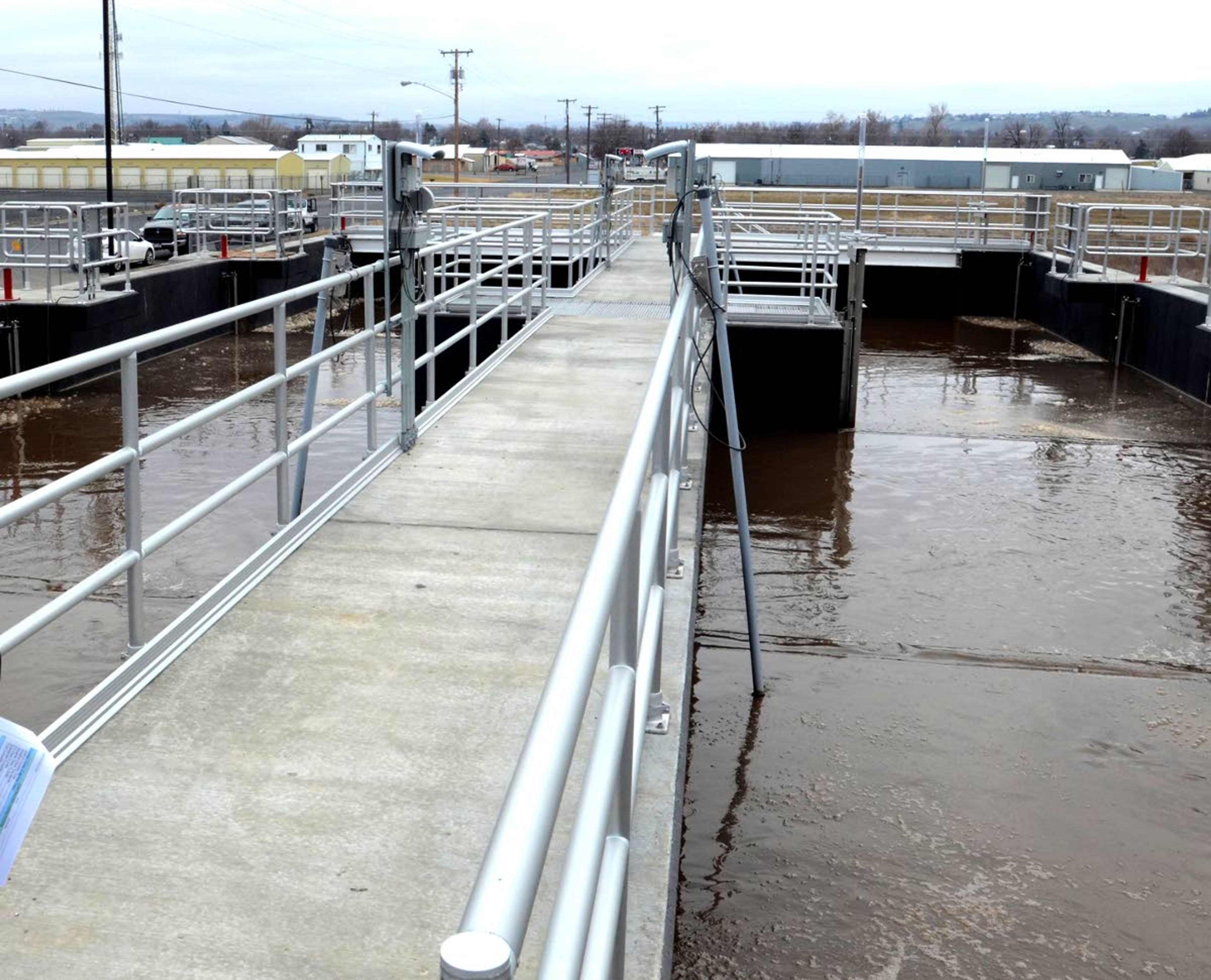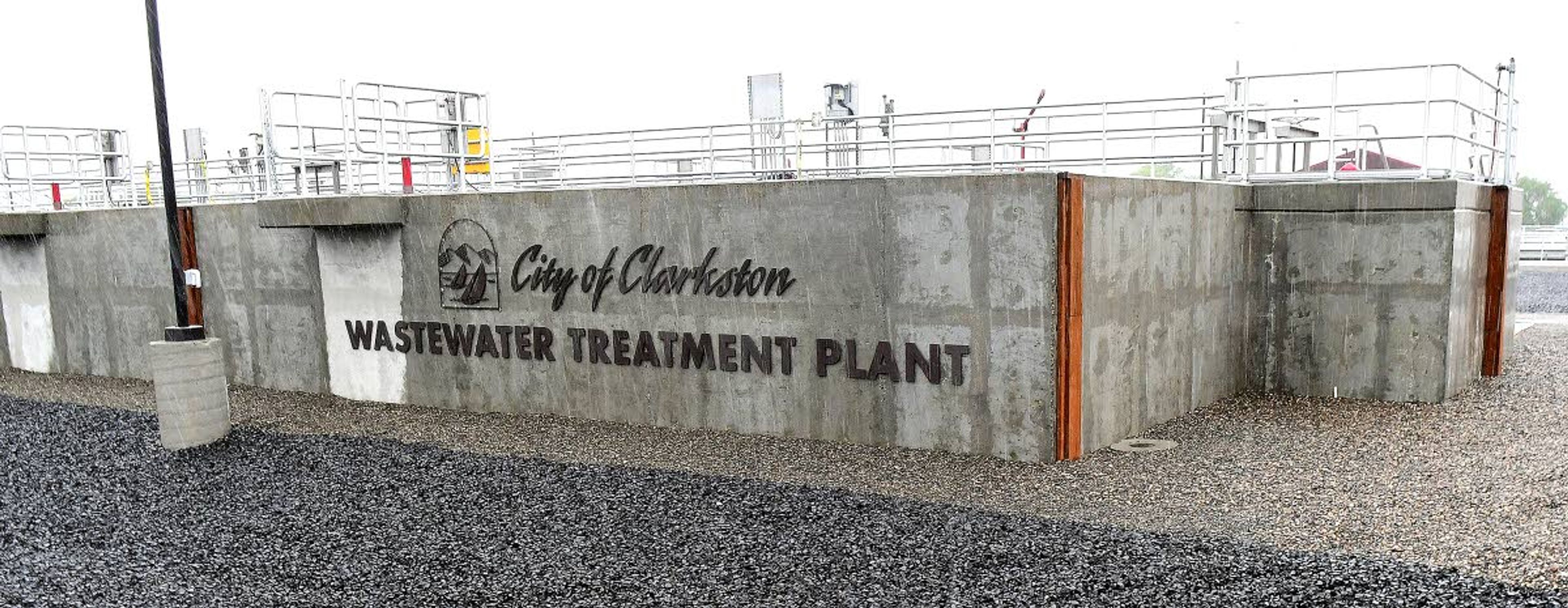City to shift sewer plant to county
Clarkston to transfer ownership to Asotin County PUD; the process, which officials say will benefit ratepayers, is moving through pipeline
Negotiations to transfer ownership of Clarkston’s wastewater treatment plant to the Asotin County Public Utility District have begun, but it won’t be a done deal for a few years.
PUD General Manager Tim Simpson said the governing bodies of both entities must approve an operations contract, which is under development with the help of attorneys from the Foster Pepper law firm based in Seattle and Spokane.
Officials recently conducted their first joint meeting, Simpson said, and “we have a clear path forward for contract development.”
“There will be many details to work out, but we have a great relationship with the city and believe this transition will go well,” Simpson said. “The goal is to have an operations contract in place this fall with the PUD taking over operations in 2020 and assuming ownership in 2024.”
City and PUD officials have said the shift in ownership will be beneficial to the community for a variety of reasons. It reduces the city’s liability for future upgrades and equipment replacement, and gives the reins to an entity focused on water, wastewater and electricity.
“As good stewards of public money, it is essential that we, as elected officials, look to the future operations and sustainability of such an important facility,” Mayor Monika Lawrence said. “We are pleased to be able to partner with the PUD. The PUD has a proven record of commitment to the people we both serve. Consolidation of services makes the future operation of the wastewater treatment plant efficient, effective and sustainable.”
Clarkston leaders said the proposal is attractive because the city does not have the manpower or equipment for long-term maintenance, and no reserves to offset the cost of replacing or upgrading key pieces of equipment to meet inflow capacities and effluent discharge limits.
The PUD, on the other hand, has little or no debt and has considerable bonding and loan capacity for future improvements. Replacement costs for 29 miles of sewer piping alone will likely be in the $23-million range.
“The city and PUD both believe the transfer of operations will be beneficial to the citizens of the city who are also PUD customers,” Simpson said. “We have a significant stake in how the wastewater treatment plant operates and is maintained, now and in the future, and based upon the PUD’s successful assumption of ownership of the Asotin County sewer collection system, and the fact that we are utility focused, we believe this is a good transition for the ratepayers of the community.”
If the operations contract gets the green light, the five people now working at the plant will become PUD employees. Simpson said the utility district looks forward to welcoming them to the staff.
“We have met with the wastewater treatment plant employees, and they are competent and professionally trained operators,” he said.
Located near the Snake River, the city’s sewer plant has been revamped over the years to meet changing state requirements. In 1997, an ultraviolet disinfection system was installed, and in 2014, the facility underwent a nearly $14 million upgrade paid for by bonds and a low-interest loan from the state.
With the transfer of ownership, the PUD would take on all debt, Simpson said. The bonds used for the last major project will likely be refinanced in 2023.
Between the time the PUD takes over operations and the official transfer, the district plans to assess the condition of the plant and sewer collection system, conduct an inflow-and-infiltration study and develop a sewer systems and facility plan to guide future capital improvements.
“Rates have to pay for future improvements,” Simpson said, “but we believe we can apply strategic planning to fund those improvements over time, while stabilizing rates like we’ve done with our water system improvements.”
Sandaine may be contacted at kerris@lmtribune.com or (208) 848-2264. Follow her on Twitter @newsfromkerri.










